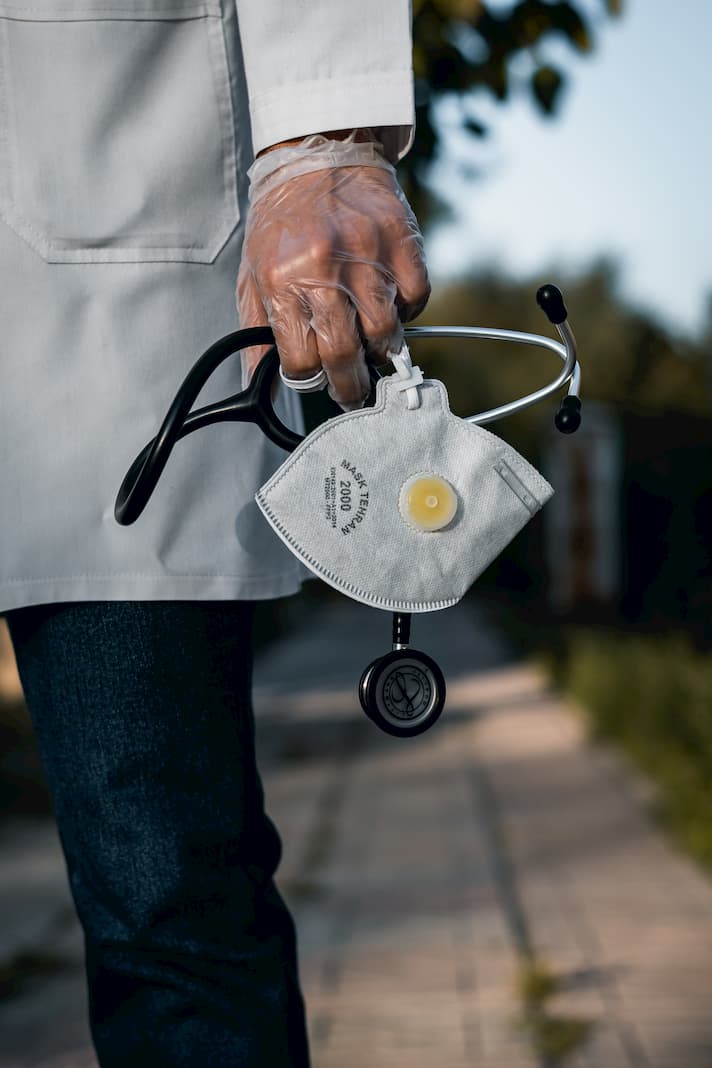COVID-19: Inspiring A New Generation of Healthcare Workers
"When the pandemic broke out, taking action helped ease my anxiety," reports Sherry, an online Doctor of Nursing Practice student at Johns Hopkins University in Maryland. "I volunteered to do testing in a high-risk area for underserved populations, and that experience completely changed my focus. Now, I plan to go into emergency care and disaster relief after I graduate."

Emily, a newly enrolled online nursing student at Azusa Pacific University in California, adds, "I've thought about going into nursing for years, but last spring, because of COVID-19 and seeing all the people in need, I decided to get serious about it and started exploring my options."
In the face of a medical emergency, many of us might retreat in fear. Yet, there are some who routinely choose to lean in and care for others, even under difficult circumstances. These are our frontline, essential healthcare workers, and we've seen countless examples of them in the news recently.
Stories about these people making a difference in the world are inspiring many to pivot on their career path, as was the case with Sherry, or to switch careers altogether, as Emily did. In fact, some nursing schools report seeing an increase in applications this year.
"Nursing, as well as other healthcare programs, is seeing an increase in enrollments," says . "This is encouraging, and the reasons are multifaceted. Firstly, an economic downturn often sees an increase in enrollments, and secondly, in the context of a crisis, many individuals reflect on their values and contribution to society."
A Bright Outlook for Nurses and Other Healthcare Professionals
While COVID-19 may be the motivation behind many people's initial decision to pursue nursing, data shows that it's a smart long-term decision. Over the next decade in the U.S., the aging population will be in greater need of trained healthcare professionals. Related to that is the fact that many current , sonography technicians, occupational therapy assistants, and physical therapy assistants can all begin their careers with associate degrees, typically completed in two years.
Making education even more accessible, many nursing schools offer a wide range of online nursing degree programs. Emily at University College notes, "I had no idea I could get a nursing degree online! As a single, working mom going back to school, this really works for me."
In most cases, students complete the bulk of their coursework through online learning management systems, which allows them to complete assignments and interact with fellow students on their own time. Only clinical training must be completed in person. Many schools set up partnerships with healthcare facilities across the country to allow the completion of requirements near a student's home.
As for the cost of earning a degree, many online programs are less expensive than traditional on-campus degree programs. Active military service members and veterans may be eligible for tuition discounts, and those who are already employed in the healthcare industry may be able to get employee assistance or reimbursement.
Risks and Rewards
Working as a frontline healthcare worker is not without challenges, however. In the COVID-19 era,
